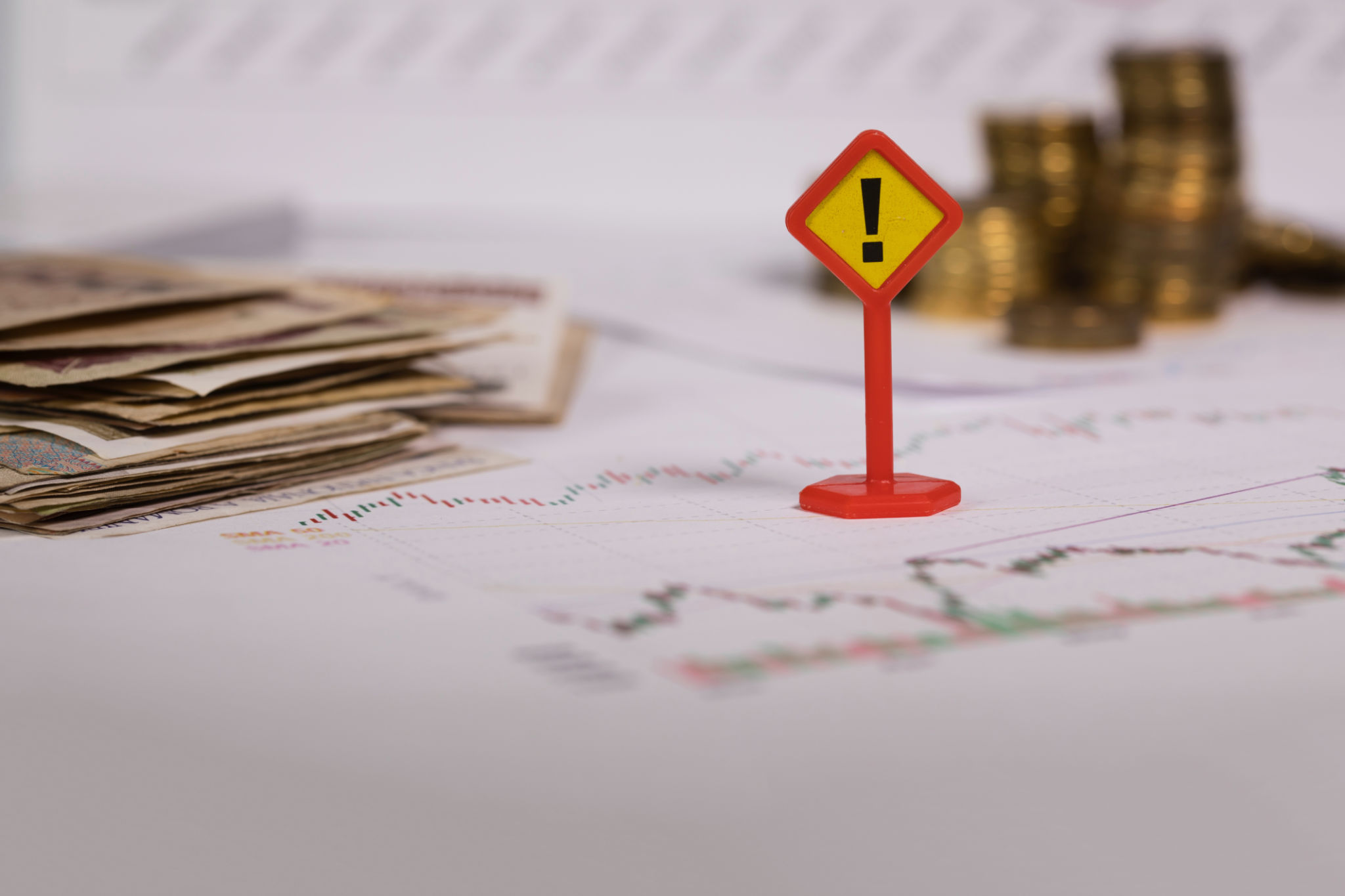Understanding Trading Platform Frauds and How to Protect Yourself
Introduction to Trading Platform Frauds
In recent years, trading platforms have become increasingly popular among both novice and seasoned investors. However, with this surge in popularity, there's also been an alarming rise in fraudulent activities targeting unsuspecting traders. Understanding these frauds and learning how to protect yourself is crucial for maintaining the safety of your investments.

Common Types of Trading Platform Frauds
Frauds in trading platforms can take many forms, but some of the most common include:
- Ponzi schemes: These involve paying returns to earlier investors with the capital of newer investors, rather than from profit earned by the operation.
- Pump and dump schemes: Fraudsters artificially inflate the price of a stock to draw in unsuspecting investors, then sell their shares at the elevated price, causing the stock's value to plummet.
- Fake trading platforms: Scammers create counterfeit trading websites that mimic legitimate ones to steal your personal and financial information.
Recognizing Fraudulent Platforms
Identifying fraudulent trading platforms can save you from significant financial losses. Look out for red flags such as unrealistic promises of high returns with little risk, lack of transparency about how the platform operates, and pressure tactics urging you to invest quickly. If a platform is not regulated by a recognized financial authority, this is another warning sign.

Protecting Yourself from Trading Platform Frauds
There are several strategies you can employ to safeguard your investments from fraudulent platforms:
- Research thoroughly: Before investing, conduct extensive research on the platform. Verify its credentials and user reviews.
- Use secure networks: Always trade using secure internet connections to protect your data from cybercriminals.
- Enable two-factor authentication: This adds an extra layer of security to your trading account, making it harder for unauthorized individuals to gain access.
The Role of Regulatory Authorities
Regulatory authorities play a significant role in curbing trading platform frauds. They set standards and monitor compliance to ensure fair practices. Before choosing a trading platform, check if it is registered with a recognized regulatory body such as the Financial Conduct Authority (FCA) or the U.S. Securities and Exchange Commission (SEC).

What to Do if You've Been Scammed
If you suspect you've fallen victim to a trading platform fraud, it's essential to act quickly. Contact your bank or credit card company immediately to report the scam and freeze any transactions. Additionally, report the fraud to the relevant authorities and consider consulting with a legal professional for further assistance.
Staying Informed
The best defense against trading platform fraud is staying informed. Subscribe to financial news outlets and participate in online forums to keep abreast of the latest scams and how others are protecting themselves. Knowledge is power, and being aware of potential threats can help you make safer investment decisions.
In conclusion, while trading platforms offer exciting opportunities for investment, they also come with risks that require vigilance and informed decision-making. By understanding potential frauds and implementing protective measures, you can navigate the world of trading with greater confidence and security.
